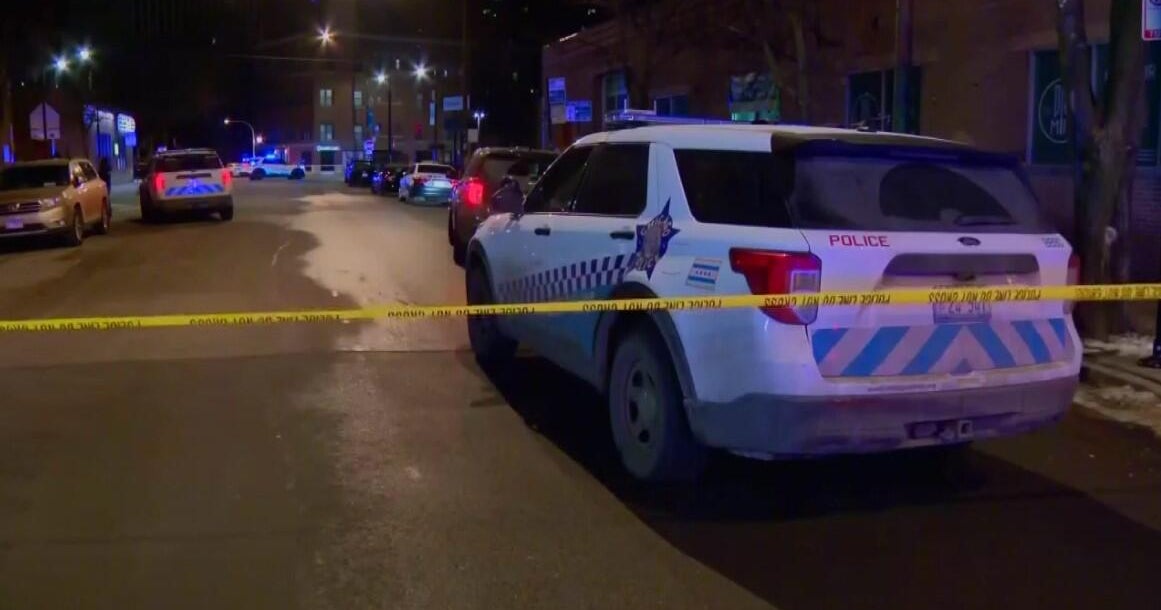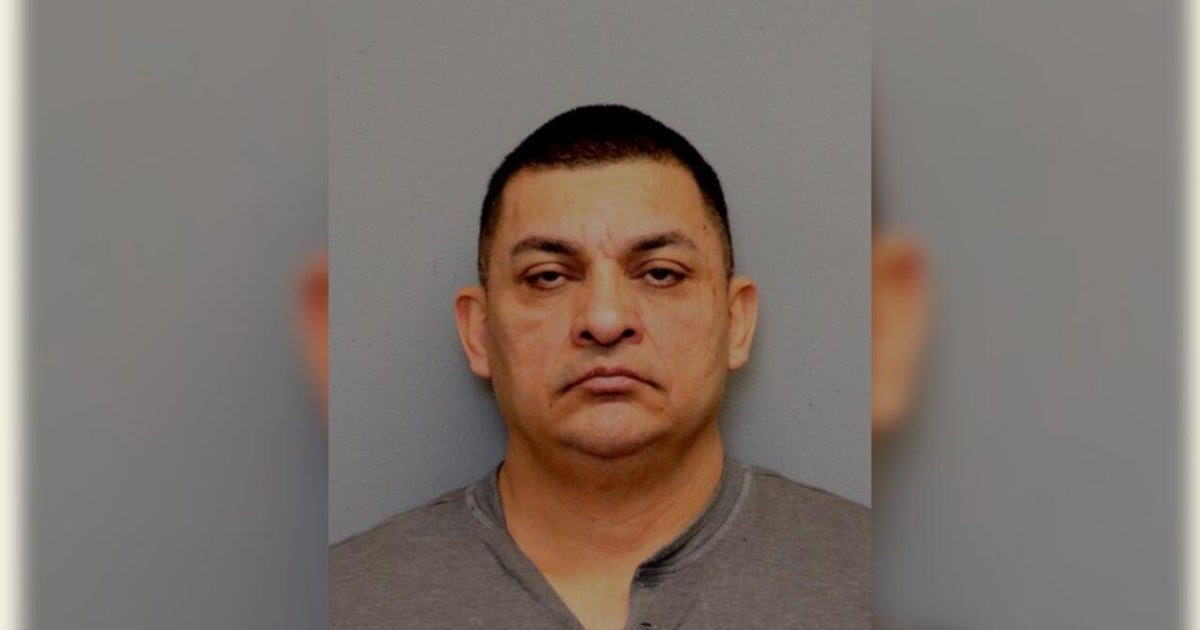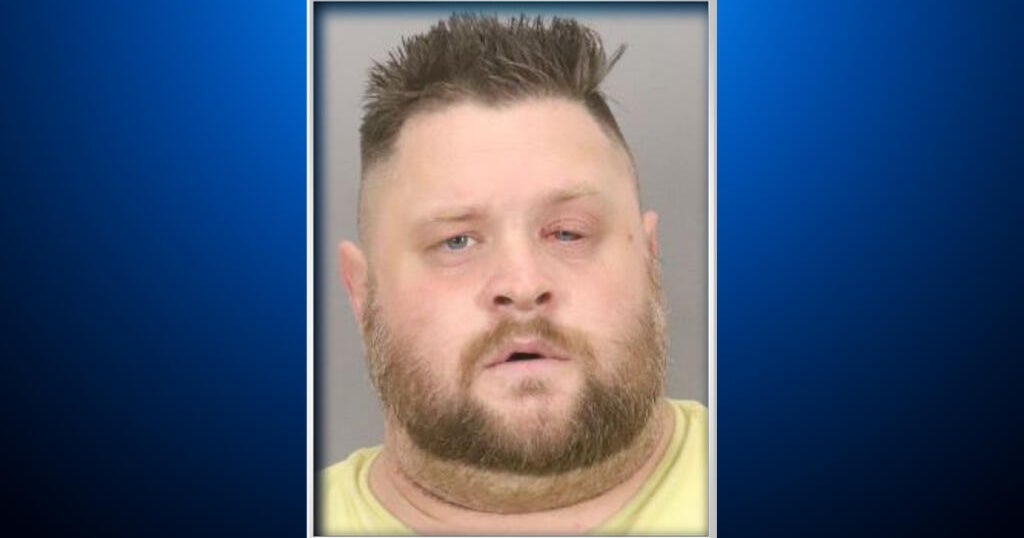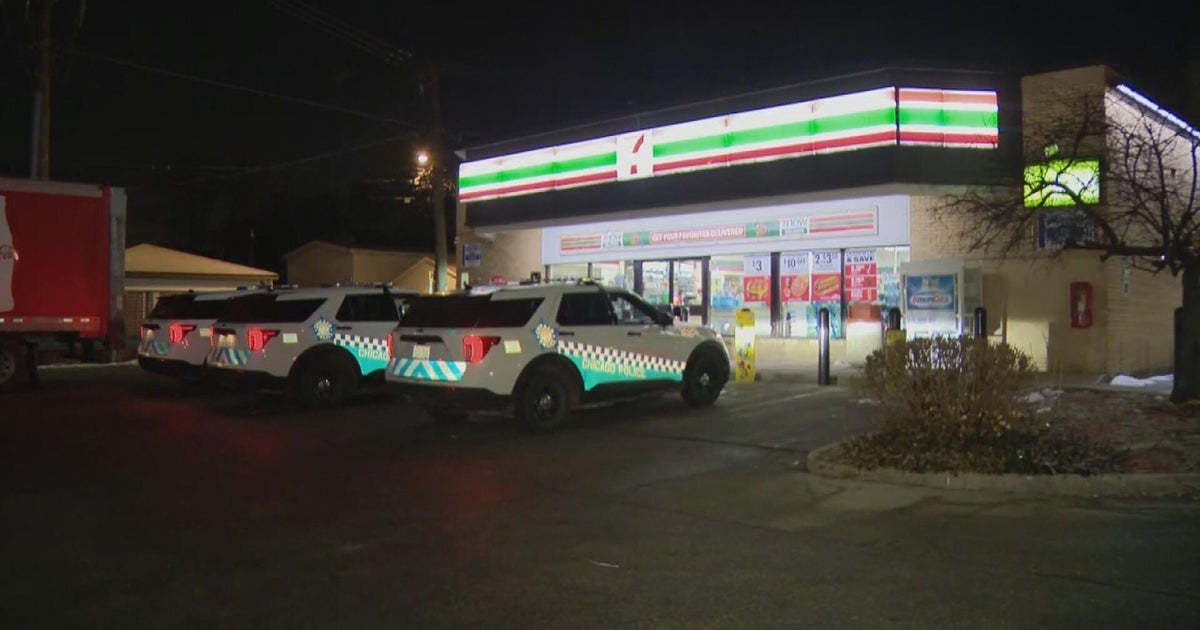9-year-old among 5 arrested for armed carjacking in Southeast Baltimore
BALTIMORE -- A 9-year-old was among five people who were arrested following an armed carjacking Sunday afternoon in Southeast Baltimore, according to police.
A 32-year-old woman told officers she was at a stop sign at Grundy at Bank Street when four people approached her vehicle. One suspect, described as a white man, reportedly used a metal tool and smashed the car window before dragging the woman and then taking off with her car.
Around 3 p.m., following a short foot chase, the five suspects were located in the 1800 block of Milton Avenue, not far from the stolen vehicle.
Police said the suspects were involved in an attempted robbery in the 100 block of South Robinson Street.
A 21-year-old, 19-year-old and 16-year-old were taken to the Central Booking Intake Facility. A 15-year-old was taken to the Department of Juvenile Services, and the 9-year-old was released to his parents, according to police.
Juvenile crime law changes
Maryland's Juvenile Reform Act went into effect this year, making it so children between 10 and 12 can be charged with certain offenses like gun possession and auto theft. The new law also increases transparency by allowing the state's attorney's office to review cases for juveniles under the supervision of the Department of Juvenile Services.
Baltimore Police have also partnered with city residents to address juvenile crime through an initiative called Safe Growth.
The initiative aims to improve crime hotspots by adding lighting and cameras and preventing illegal dumping. Similar initiatives have also been used in other U.S. cities like New York City and Madison, Wisconsin among others.
Changes to juvenile justice laws also extend the time limits on juvenile probation, increasing a misdemeanor offense from six months to a one-year probation period.
The maximum initial probation period for a felony offense increases from one year to two years.
"Also, it gives the judges the ability to bring young people back before them when they violate their probation," Baltimore City State's Attorney Ivan Bates added.
He hopes this ends the repeat juvenile offender cycle and gives young people the necessary resources.
"Where we've circled that young person the very first time because there's a level of accountability," he said. "So, when the police make the arrest, that young person will come in and everybody will understand what's going on with this young person."







